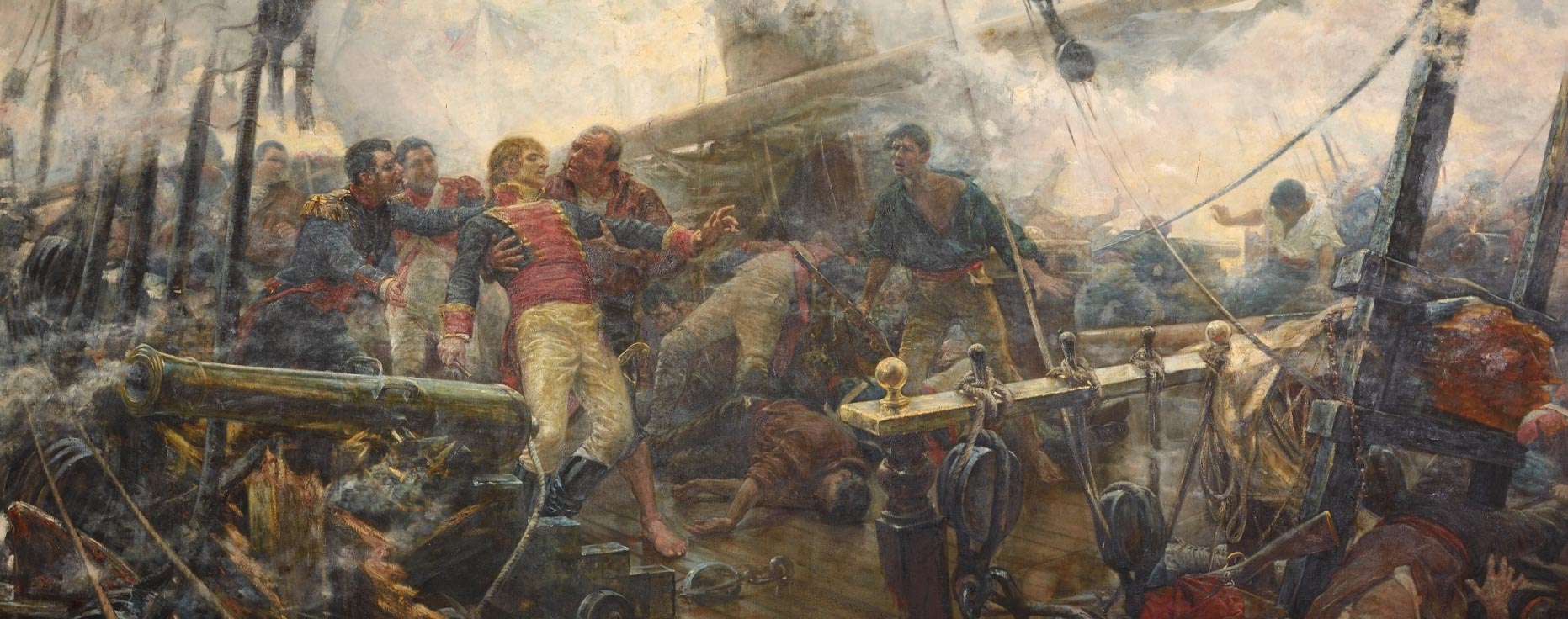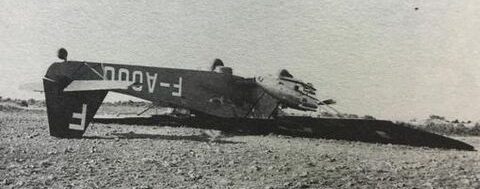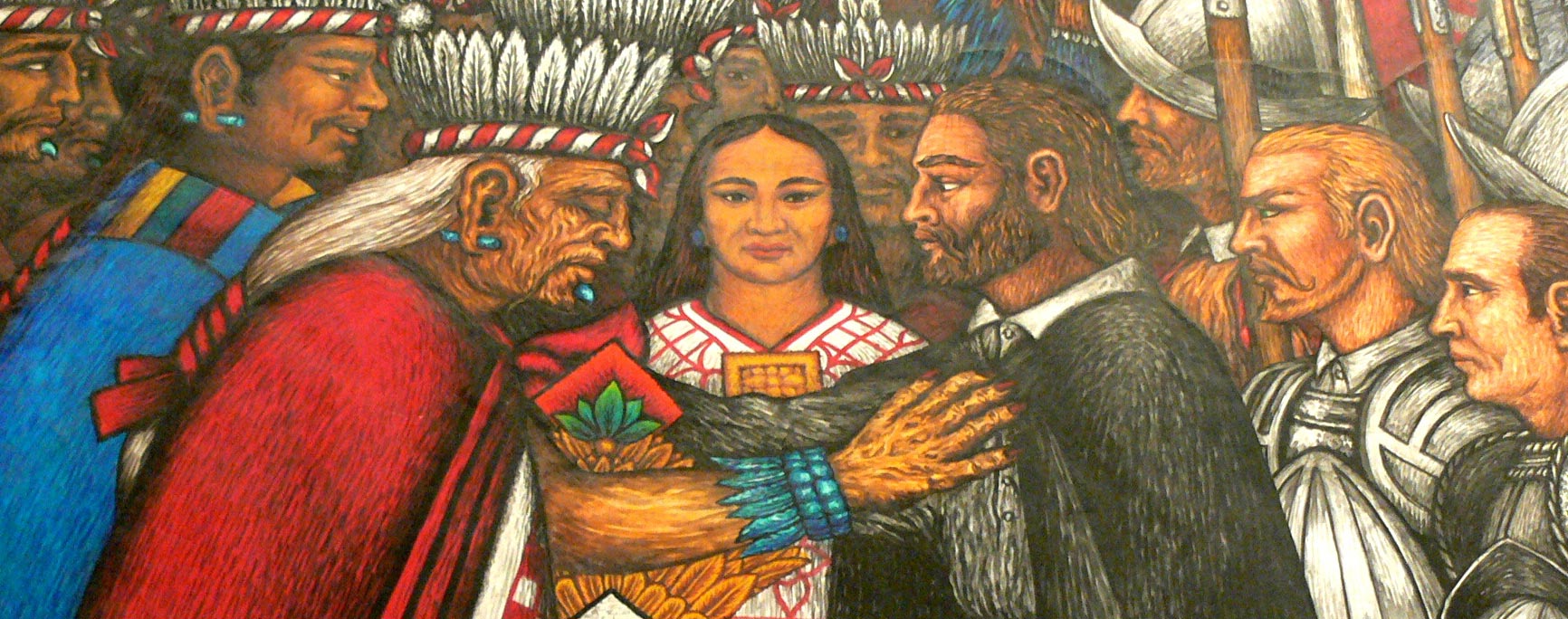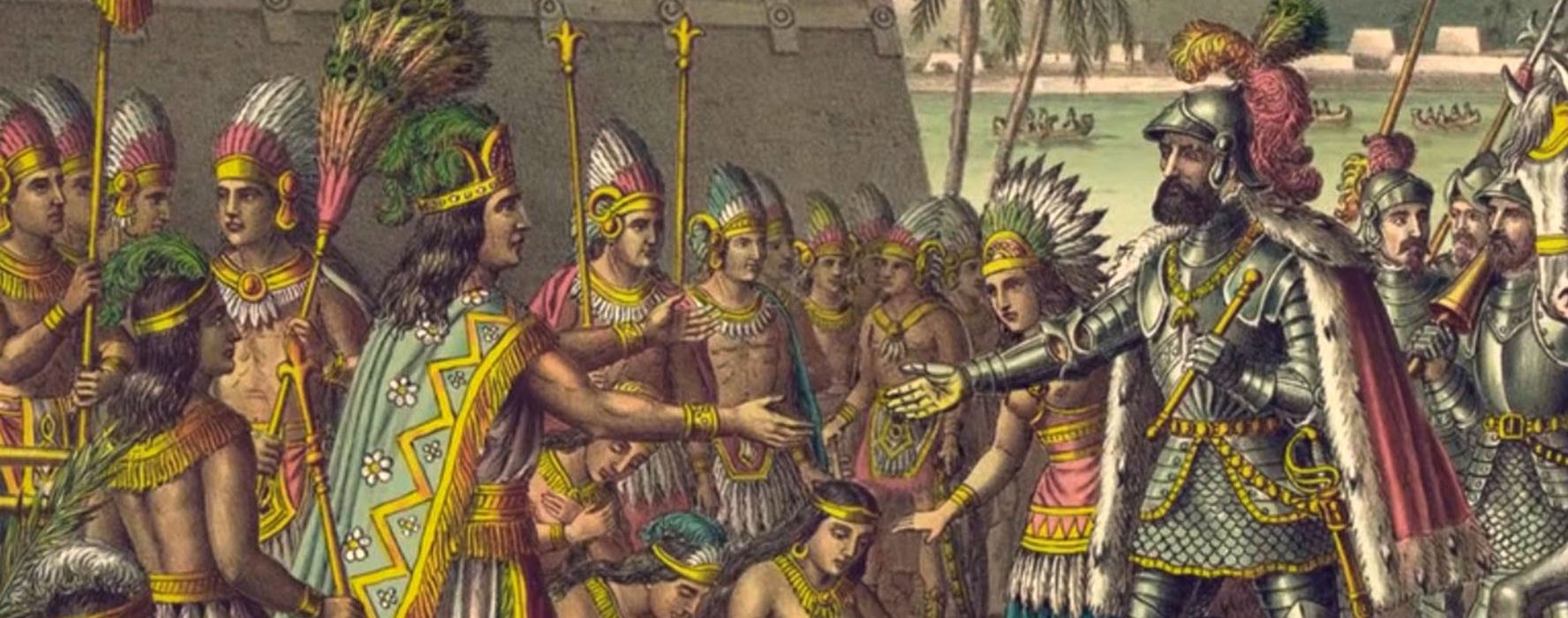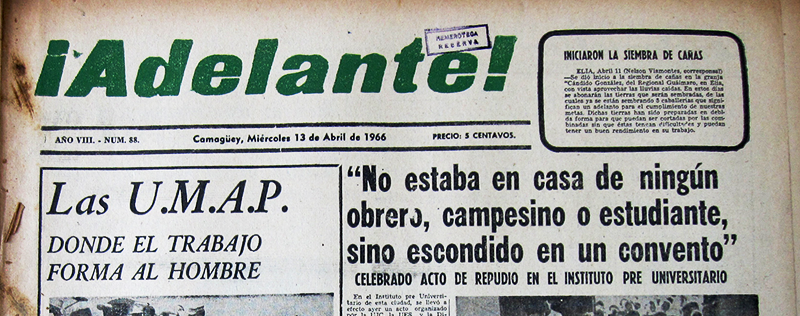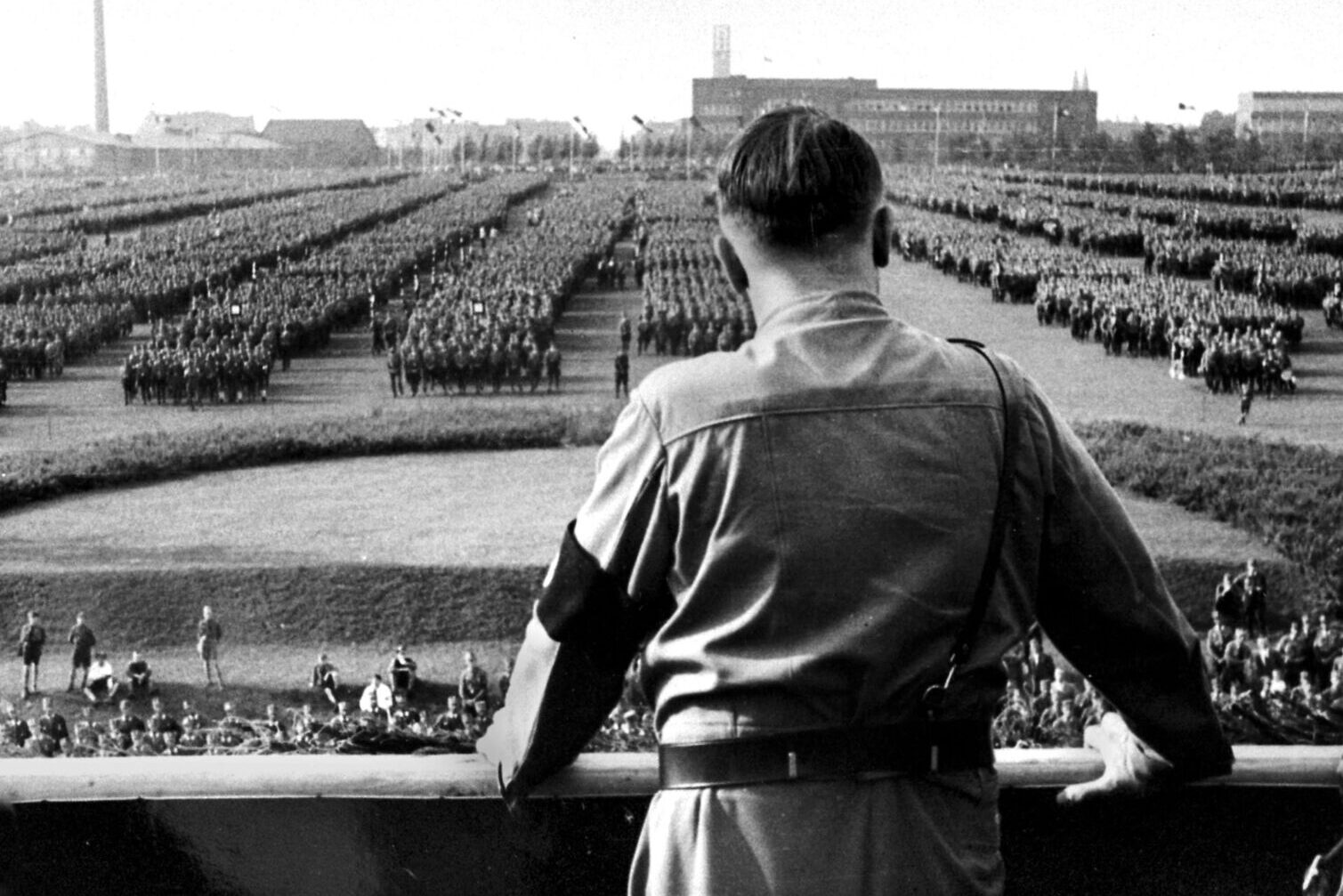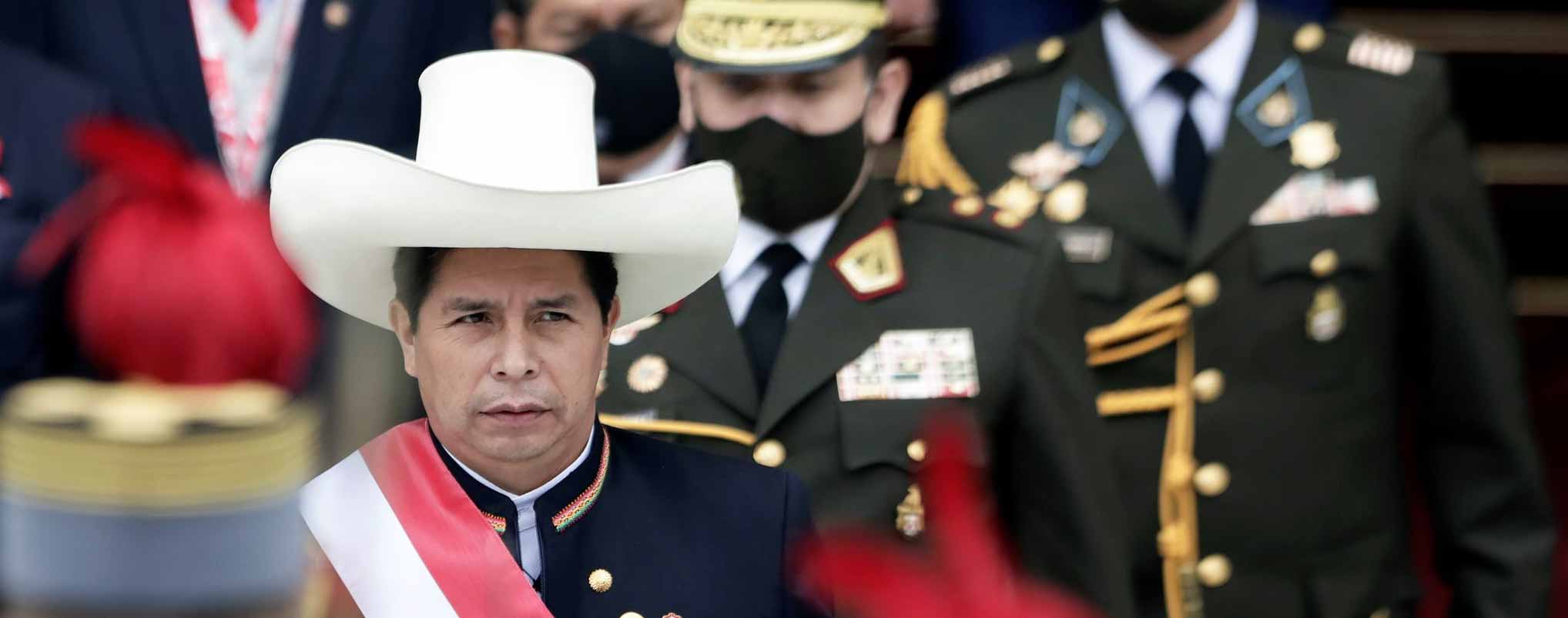Source:Sonrisas en el camino
The people must know their history
I don’t know what is pushing us into the abyss, but everything is loaded with a supreme ignorance, as well as a tremendous manipulation, which always seeks political correctness, even if that means destroying centuries of the greatest history that has ever existed.
Confucius, more than 2000 years ago, said: “The people who do not know their history are condemned to repeat it”. And here, not only is it not known but efforts are being made to erase it so that future generations will not even see traces of what it was. When we should be proud of our history, as the English, French, Dutch or Americans are, we are ashamed of it, denigrate it and trample it underfoot, believing black legend hearsay and erasing memorable names from the streets.
Scientists, historians, seafarers, discoverers, writers, painters, artists and kings have marked our history with glory, but some are determined, under the banner of feminism and democratic memory, to erase them from our memory, from our recollections. And that should not happen.
Erasing memory
Now, under I don’t know what premises, they are renaming several prizes and recognitions that are awarded in Spain because now they are ashamed of Don Santiago Ramón y Cajal (Nobel Prize for Medicine), Don Gregorio Marañón (doctor, scientist, historian and one of the most influential personalities of the 20th century), Don Ramón Menéndez Pidal (historian and philosopher) and Don Juan de la Cierva (inventor of the gyroplane). Illustrious figures in our history who, apparently, are not worth remembering.
And before that, in this systematic erasure of streets, monuments and squares, ignoring who they were or what they did, they singled out Admiral Pascual Cervera y Topete, who fought in the war in Cuba at the end of the 19th century, who gave everything for his country and who felt defeat as if a dagger had been plunged into his chest. And the great Captain Cosme Damián Churruca, one of the heroes of the battle of Trafalgar.
We must never forget our heroes and heroines. Everyone here knows about the Frenchman Napoleon, the enlightened man who came to Spain to plunder it, to conquer it. But nobody knows, and nobody teaches, Churruca, Blas de Lezo, Bernardo de Gálvez, el Gran Great Captitánn, Hernán Cortés, Cervera, Agustina de Aragón and many others who deserve to be remembered and honoured. Well, today, regardless of my indignation, apart from paying homage to all the illustrious figures of Spain, to all those who have carried their names around the world and given their blood for their homeland, I would like to dedicate these words to that great 18th-century sailor called Cosme Damián Churruca.
Churruca, the scientific officer
Churruca came into the world on 27 September 1761, in Motrico (Guipúzcoa). He left the path of the priesthood, after studying at a seminary, and enlisted in the Company of Marine Guards of Ferrol, determined and a lover of the sea. It was his passion. And it was at this point that he began to demonstrate his seafaring skills in several daring actions. There is evidence that he took part in the siege of Gibraltar in 1782, demonstrating his bravery.
But Churruca was not only a good sailor, who set sail in his ship ready to sink the enemy, but also, like so many other seamen of his time, he was given to scientific study and cartography. He was a kind of “Scientific Officer”, like the famous George John in the 18th century or the famous Balmis.
In 1805 he published an instruction on marksmanship, to improve the marksmanship of ship’s gunners, to optimise firing and be more accurate. The publication became a basic manual for the navy. He had a promising career, driven by his maverick spirit. But, suddenly, disaster struck.
The combined fleet
Spain allied itself with Napoleon’s France to fight the English, and this led to a naval engagement with serious consequences. The combined Franco-Spanish fleet, commanded by the ineffectual Villeneuve, was hopelessly confronted by the British fleet commanded by the brilliant and no less pretentious Horatio Nelson. Tragedy was flying over the coast of Cádiz and Churruca sensed it.
It is true that the Basque captain, in command of the 74-gun San Juan Nepomuceno, did not see a favourable outcome of the fight but, following the orders of the French admiral, the Spaniards gave themselves to the fight for honour and duty, like good Spanish sailors and soldiers. Churruca, aware of the bad omens, did not contradict the orders and gave precise instructions to put his ship in the fight.
Everything was in God’s hands. But Churruca was clear about one thing: whatever happened, even if everything turned to death and destruction, he would never give up, he would continue fighting until his last breath. This is demonstrated by the message he sent to his brother shortly before leaving Cadiz for battle: “If you hear that my ship has been taken prisoner, say that I am dead”. Victory or death, there was no other way out.
The hell of Trafalgar
And in those waters off Cape Trafalgar came the disbandment, the round turn, Villeneuve’s bad orders, the knifing, to break the formation, of Nelson’s two columns of ships. And from then on the fierce fighting, the roar of cannons, the blood on the deck and the defeat on the horizon. Some because they were far away, others because of inattention, what is certain is that there were scenes of Spanish ships surrounded by several English vessels, and this was the case of the San Juan Nepomuceno, the one commanded by our protagonist.
On 21 October 1805, Churruca’s ship was at the head of the first division, but when it was ordered to turn round to seek the shelter of the coast, it left the San Juan Nepomuceno unprotected, in the last place, and destroyed the first formation. The ship suddenly found itself surrounded and under cannon fire from several English ships, which were on a rampage. She was clearly outnumbered, but that did not deter its captain.
In a few minutes, all hell broke loose. That day, of infamous memory, at about 12:30, the San Juan Nepomuceno was spitting fire at will at the English ships that surrounded her. Soon there were five ships that fell upon it. Blood and gunpowder, splinters and horror. Two English ships passed by without ceasing to fire. And two ships on the port side and another on the starboard side prepared to riddle the Spanish ship without mercy. Madness on the sea, full of courage, bravery and impotence. But there was no quarter and no quarter was asked for.
Surrounded by 6 English ships
The incessant cannonade went on until 14:00 hours when two new British ships arrived to join the party of death and despair. And yes, it is true, as Vicente Burugal, an officer of the Spanish ship, said: “…the San Juan had the glory of fighting against six ships at the same time.”
Churruca, from the deck, directed the defence of his ship with alacrity, diligence and courage, putting the English in a tight spot, who, despite their superiority, did not have an easy shot. The great Basque sailor put his extensive knowledge of marksmanship into practice and stood firm with his men, making the sons of perfidious Albion pay dearly for their defeat.
But suddenly, when he had just aimed his cannon accurately at an enemy ship to dismasted it, a cannonball tore off his right leg below the knee. But even such a serious wound would not stop him. In pain, shedding blood and showing great honour, he harangued his men to fight on, despite the fact that defeat was surely looming over them.
Mortally wounded but not surrendered
It is said, it is said, that in order to keep himself upright, making an enormous effort, he ordered a bucket of flour (or sand) to be brought to him to place the stump there and thus maintain stability. But the bleeding did not stop and, in the end, Damián Cosme Churruca bled to death in the middle of the battle of Trafalgar, his ship entwined with six English vessels. Epic and courage when all was lost. Honour on all four sides.
Before expiring, seeing that his life was rapidly slipping away, in the last whiplash of courage, he gave his last instructions to his men: Let no one surrender while there was a faint breath of life in his body. Moreover, he ordered the flag to be nailed up to prevent anyone, in desperation, from lowering it in surrender or being seized by the British.
It is said that his last words, spoken to his brother-in-law, José María Ruiz de Apodaca, and addressed to his wife, were:
“Pepe, tell your sister that I die with honour in the faith professed by the Holy Catholic, Apostolic Roman Church, loving God with all my heart and esteeming her highly; may she remember me, as I remember her.”
Defeat with honour. Always in memory
And knowing defeat, he left the world of the living, but not before having fought fiercely. After his death, the San Juan Nepomuceno surrendered, leaving a whopping 100 dead and 150 wounded. But there was one last curious act, in honour of his memory, as the six English captains asked the highest-ranking Spanish officer to hand over Churruca’s sword to the one of them who had defeated him. Here, the Spanish officer, surprising both friends and strangers, said: “I will have to break it into six pieces because if they had attacked him one by one, they would never have defeated the Basque”. Details for a brave Spanish sailor, an enlightened officer and a patriot, full of bravery and honour. He was posthumously awarded the rank of Admiral.
To learn more about Churruca’s life, I recommend reading the book “Trafalgar” by José Luis Corral, as well as the work “Elogio Histórico del brigadier de la Real Armada Don Cosme Damián Churruca y Elorza, que murió en el combate de Trafalgar en 21 de octubre de 1805, escrito por el amigo más confidente que tuvo”, which gives impressive information about the battle and the behaviour of the brave captain. Also interesting is the work by the historian Cesáreo Fernández Duro, on the “History de la Armada Española”. And, last but not least, there is the work by María Dolores González-Ripoll Navarro, “A las órdenes de las estrellas. The life of the sailor Cosme de Churruca and his expeditions to America”.
Share this article
On This Day
No Events
History of Spain
26 August 2020
27 January 2021
Communism: Now and Then
23 December 2022
28 July 2021
